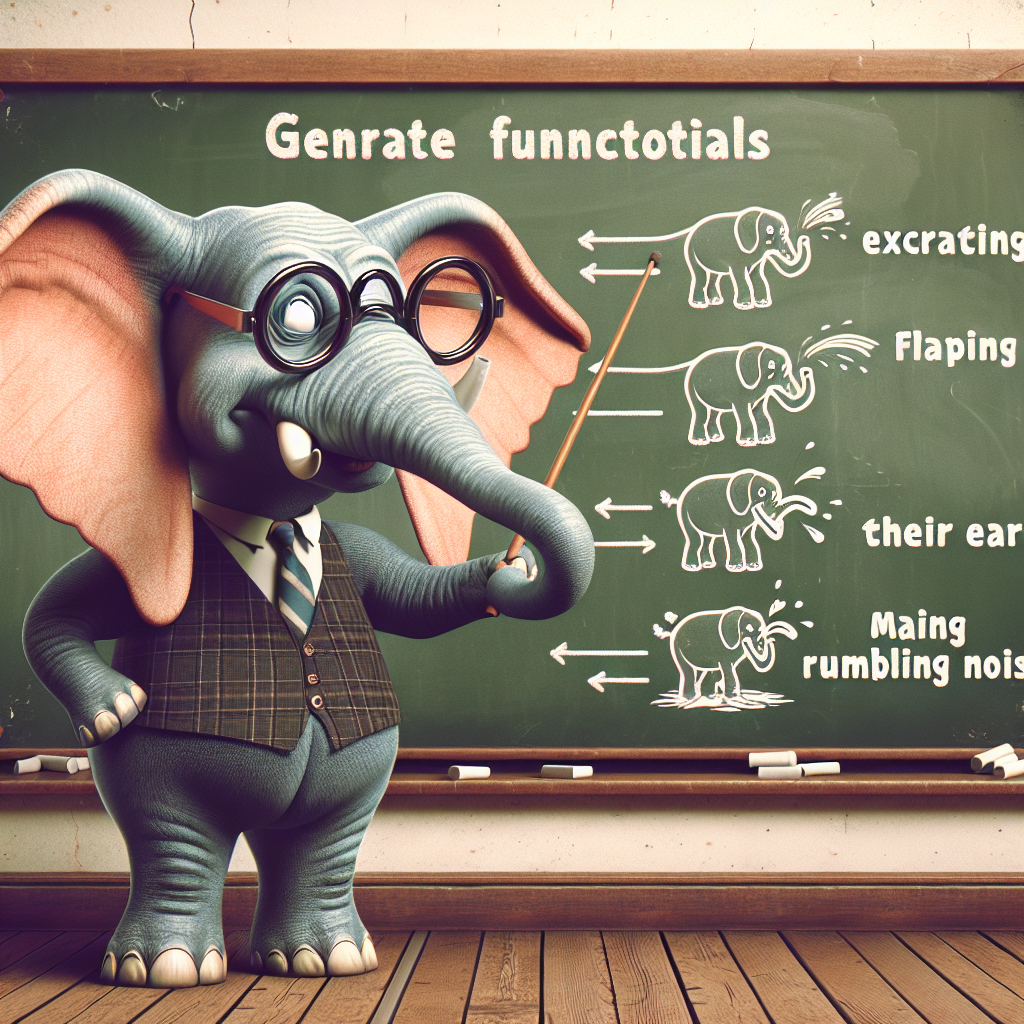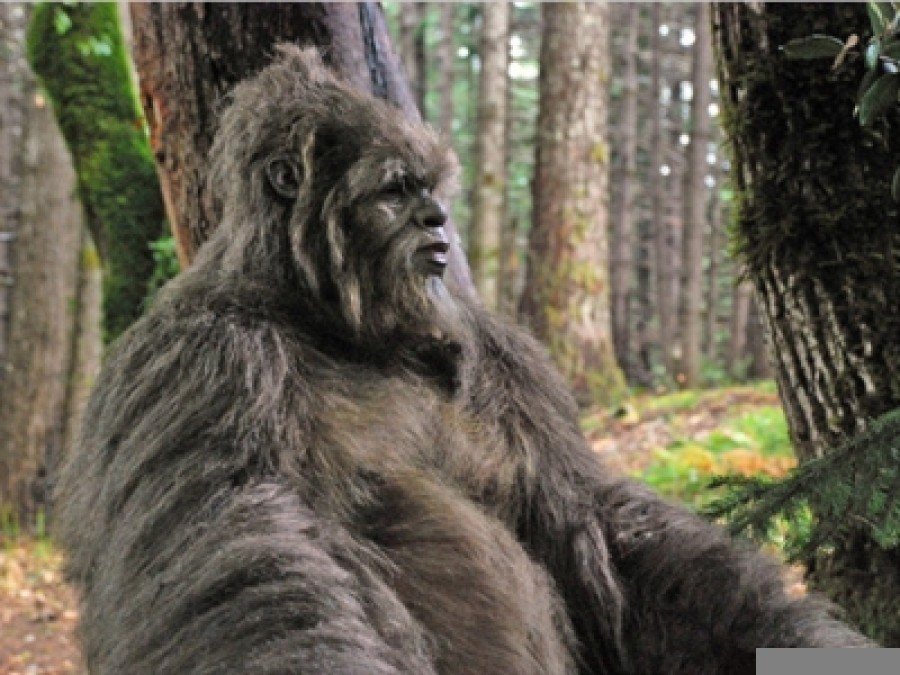many philosophers still think that only humans can act and form beliefs rationally
Sorry but that is an unproven assumption that humans are rational.
I would counter that humans form beliefs and then create a rational frame work to justify their already held beliefs.
Do you think this is something intrinsically human, or just something that most humans seem to do, but with some exceptions? I admittedly know very little about this, but it seems like it would be hard for anyone to be able to determine if a particular group was ultimately rational or not in either direction. Until, I suppose, the group manages to destroy themselves entirely or something.
The future just may show that wrecking the environment we live in and wiping out countless members of other species that we share a complex interdependent ecosystem with is actually less rational than simply surviving and reproducing without doing too much harm to many other populations. In which case it may be that humans are one of the least rational species to have had existed.
species that we share a complex interdependent ecosystem with is actually less rational than simply surviving and reproducing
I completely disagree that we are the only species that does that. Yes, we are the only one that knows we are doing it but that is a different issue.
If you read up on an invasive species you will realise that, if they can, pretty much any organism will breed and expand uncontrollably until they destroy the other species in the eco system.
The black death, which killed 1/3 - 1/2 of the European population was simply a bacteria expanding its population to the determent of the other species (humans, rats and other mammals).
Humans are causing a mass extinction, but we are not the only life form on earth to do so.
In which case it may be that humans are one of the least rational species to have had existed.
I am saying that no species (including humans) is rational. So many humans think because of our intelligence we are somehow different from all other life on this planet. To me it only empathises that we are just the same as all the others. We know the damage we are causing but honestly, the majority of humans do not care as they value their own life over everything else.
I am not saying this to lessen the tragedy of what humans are doing to the planet but to think we are different from other life on earth is one of the reasons or justifications people use to hand-wave away the need for humans to collectively change our ways.
You make some really great points. That information on the GOE is very interesting, thank you. I wonder how possible it would be for something like that to happen again. I hadn’t considered the black death and plagues in that way. I wonder how they stack up against humans so far as devastation across the whole world goes, purhaps it may be pretty hard to calculate. I did see this article the other day that says, on average 69% of wildlife vertebrate populations have been wiped since 1970.
It certainly does seem to be the case that if other animals were given the chance they would be as destructive as us. As a group we do maybe show some potential for improving. Our relationship with whales inspires some hope. We were getting close to completely destroying many species of them, but have been able to reverse the trend, largely thanks to Roger Payne.
I wonder how possible it would be for something like that to happen again.
From one point of view that is what humans are doing right now.
The GOE happened because one type of life started filling the atmosphere with a waste gas that was massively determent to other species around them, in their case it was oxygen in its pure form.
What humans are doing now is filling the atmosphere with a waste gas that is massively determent to other species around them in our case it is carbon dioxide.
It certainly does seem to be the case that if other animals were given the chance they would be as destructive as us.
Yes, the main drive of all life is to create more copies of themselves, at all costs and without regard to how it affects others.
When we see a balance in an eco-system, it is not something that has come about by mutual agreement. It is that the various species have fought with each other to a standstill. Each is trying to expand endlessly but has been stopped by all the other competing species trying to do the same.
That is why introduced/novel species can be so destructive to a local eco-system. They are bring to the fight new weapons or tactics that the locals have never seen before and have no defences against.
Humans are the least rational animals. It’s why most of us choose to avoid you crazy motherfuckers. That being said, for what you lack in sanity, you make up for in entertainment value.
Summary made by Quivr/GPt-4
This document is a scholarly discussion on the cognitive abilities of animals, particularly great apes, and their capacity for what the authors term “reflective responsiveness to evidence.” This essentially means the ability to identify and assess evidence, a cognitive process often associated with human reasoning.
The authors argue that animals, especially great apes, exhibit a level of cognitive sophistication that allows them to respond to conflicting evidence and make decisions based on their assessment of this evidence. This is demonstrated through various studies. For example, one study showed that apes could use their experience with a screen that was either translucent or opaque to predict the behavior of others who encountered the same screen. This suggests that apes can understand how environmental factors can affect the reliability of a source of evidence.
Another study showed that chimpanzees could take into account what an experimenter could and could not see to decide where to steal food from. This suggests that chimpanzees can make decisions based on their understanding of what evidence will be available to others.
The authors also discuss the idea that animals can entertain questioning attitudes driven by curiosity, which could potentially allow them to ascend to the level of reflective responsiveness to reasons. This means that animals might be able to ask themselves non-verbal versions of ‘why?’ questions, which would indicate a higher level of cognitive sophistication.
The authors suggest that these findings could open up new avenues of research into animal cognition. They also argue that these findings challenge the idea that only humans are capable of reflective responsiveness to evidence, suggesting that this cognitive ability might be more widespread in the animal kingdom than previously thought.
In summary, this document presents compelling evidence that animals, particularly great apes, may possess a level of cognitive sophistication that allows them to identify and assess evidence in a similar way to humans. This could have significant implications for our understanding of animal cognition and behavior.




